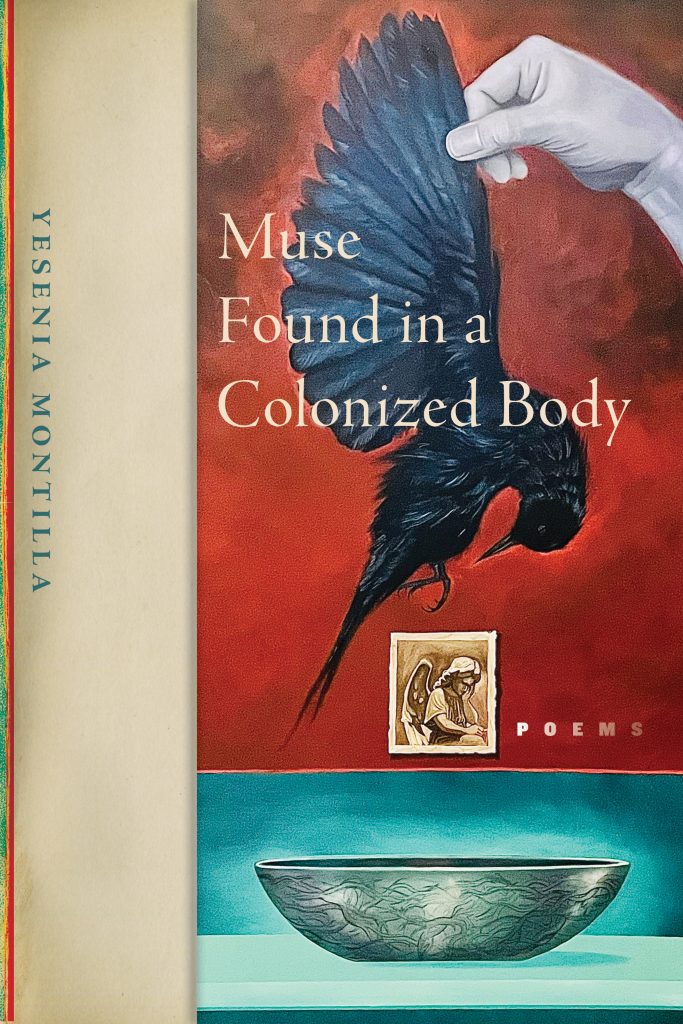Brooklyn Poets
Muse Found in a Colonized Body by Yesenilla Montilla
Muse Found in a Colonized Body by Yesenilla Montilla
Couldn't load pickup availability
In the book’s eponymous poem, Yesenia Montilla writes, “How do you not love yourself when you / constantly survive your undoing just by being precious?” Muse Found in a Colonized Body answers this rhetorical question by populating itself with poems that range far and wide in content—observing pop culture, interrogating history, resisting contemporary injustice—but that share the spinal cord of unflinching love. As Rachel Eliza Griffiths notes, Montilla’s “powers orbit and intuit the lives of Philando Castile, Captain America, Christian Cooper, Karl Marx, Ahmaud Arbery, Eartha Kitt, and many more while stitching our wounded identities, memories, and histories in defiant poems of revision and joyous reclamation.” The vertebral odes of this collection at turns uplift desire, affirm life, celebrate protest, and condemn the violent greed of imperial usurpation that has produced the US as we know it. Both in its criticism and its admiration, Muse Found in a Colonized Body calls upon its readers to rise to the occasion of these lyrics’ profound care.
"Montilla writes: ‘having lost everything she touched / her own body & became...’ So here is a catalog of touches and the legacies of touches. Here is a trace of the poem inside the breath inside the fleeting, unfixable now. Here is a trace of the poet’s will to testify and dream simultaneously. And Montilla is a poet of such beautiful imagination and vitality, that even as she writes ruin her lines carry the charge of indomitable desire. Her metaphors are, to me, resuscitations. An erotic, present, dreaming power coursing through." -Aracelis Girmay
"'I love America more than any other country in this world,' James Baldwin once wrote, 'and, exactly for this reason, I insist on the right to criticize her perpetually.' It is in this very spirit that Yesenia Montilla has penned one of the most scathing love letters in recent memory. Muse Found in a Colonized Body is 'something about a proletariat uprising / something about free water & food / something about more than just survival.' It is something about the lies we tell ourselves about who we, as a country, are, and the life and death consequences of these lies. With open eyes, with an open heart, Montilla lays it all out, demanding that we either do—and be—better, or risk losing everything." -John Murillo
Share


